the water war happen?
This post is also available in:
 French
French
AN EXHIBITION ON THE SUBJECT OF MAJOR FRONTIER RIVERS?
The idea is attractive in these times where access to water is becoming essential for humanity. Why the Nile, the Bramapoutra, the Colorado and the Jordan? Because these four rivers are amongst the most critical for our civilisation. What will happen to the Nile, wonders Franck Vogel, when those living along it need more water than the river can provide? How long will the Bramapoutra cope with the multiple dams that have been built along its length in China and in India? And how to save the Colorado, abused to the point that its waters don’t make it any more to its estuary in the Gulf of California? What about the Jordan, polluted and under pressure, all the while being a major strategic asset in the peace talks in the semi-arid Middle East? The challenge is clear today! Just like it is for other rivers, like the Ganges, the Amazon, the Mekong or the Zambezi.
Water is life – it seems obvious but it is worth repeating. A human baby is 75% water at birth, and an adult’s brain is 80% water! The proportion is even higher in certain marine animals such as jellyfish. Despite that, and contrary to what you think, water is rare on earth. Most of the water on our planet is held in a thin layer in the form of oceans, and the rest is spread between underground water tables, lakes, streams and rivers, big and small. The majors rivers are like links between the land and the ocean: they drain off the continents and bring everything to the sea….they have always been natural borders.
Today’s problems are well known, coming from the exponential growth of the human race and its irresponsible behaviour: destruction of ecosystems, shorelines and mangroves; severe pollution of water and estuaries; invasion by exogenous predator species which spread at the cost of endemic fish; overfishing in rivers and estuaries; and finally but above all, climate change which is already affecting the flow of rivers and leading to a rise in sea levels, thereby flooding estuaries and deltas. Intense and dramatic floods now follow long periods of drought.
Franck Vogel’s images are precious tools for scientists. They show the evolution of ecosystems over time. Whether they cross Egypt or India, the United States or the Middle East, these major rivers are also extraordinary geo-political frontiers. People gather along their banks and create significant disruption, representing seriously threatening socio-ecosystems which are evolving very fast. Imagine those same rivers 12.000 years ago, with just a few million humans on earth, at the very beginning of agriculture and the domestication of animals, laying out their majestic ribbons of pure water, hardly affected by the mud of flooding…..and look now : what a contrast! The battle is not lost however, we need to fight for a sustainable future, to preserve our rivers, those witnesses to human evolution.
So let’s get going and stop the continual aggression of our rivers. Stop all pollution, our rivers are not rubbish bins! We need to develop a real culture of impact measurement where no work can be done without a serious study of the effect on the ecosystem. These rivers are our lines of life, they are and always have been vital for humanity. The unknown has always begun on the other bank!. Gilles Bœuf.
Gilles Bœuf is a biologist, specialist in biodiversity, professor at the Université Pierre-et-Marie-Curie, former president of the Natural History Museum and scientific advisor to the Minister of the Environment, Ségolène Royal.
From 14/09/2017 to 28/10/2017
Galerie FAIT & CAUSE
58 rue Quincampoix
75004 PARIS
France
Opening hours : Du mardi au samedi de 13h30 au 18h30
Entrée libre
Vernissage mercredi 13 septembre 2017 de 18h à 21h
...
Phone : +33 (0)1 42 74 26 36
contact@sophot.com / malika.barache@pqev.org
www.sophot.com



